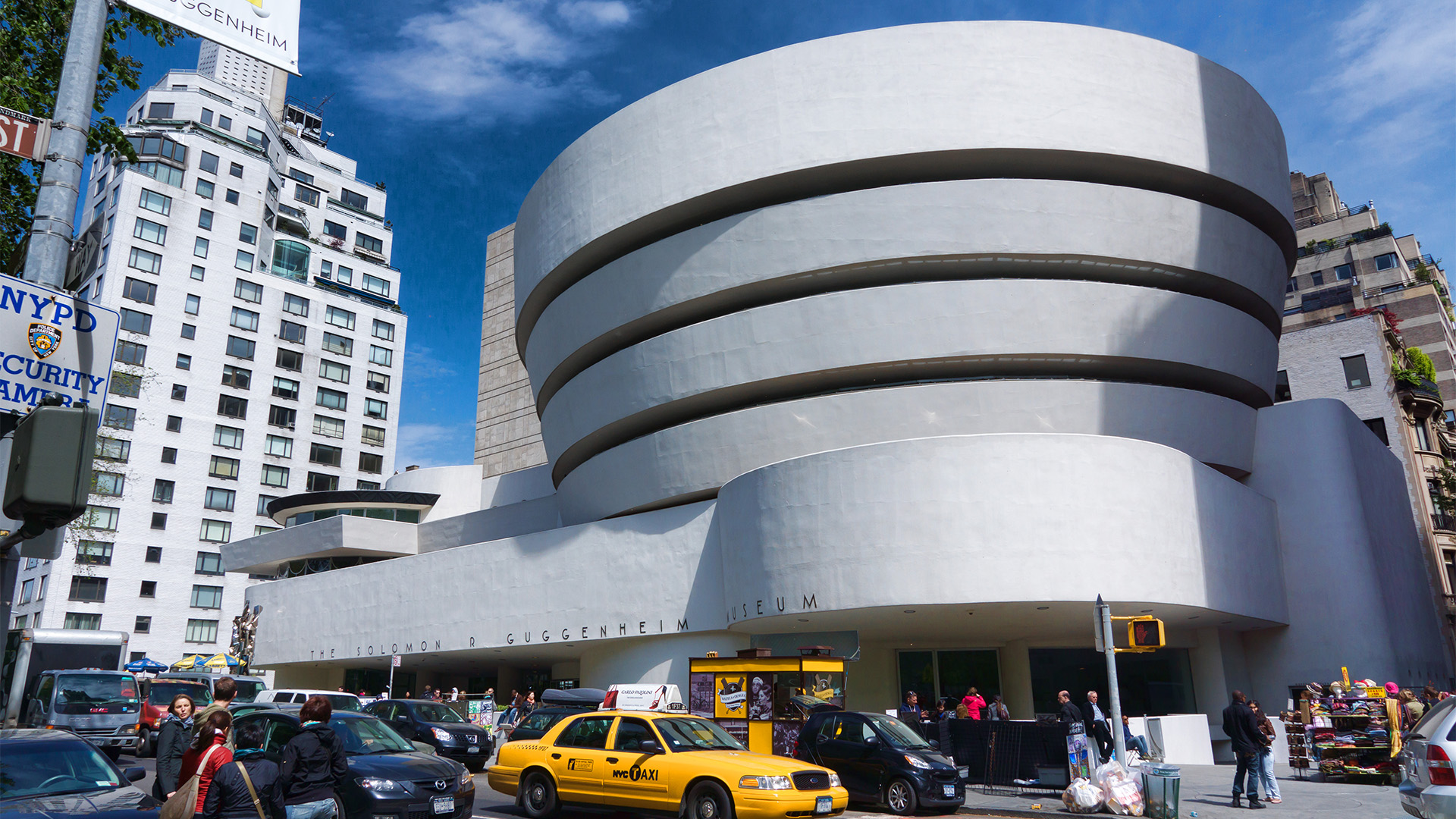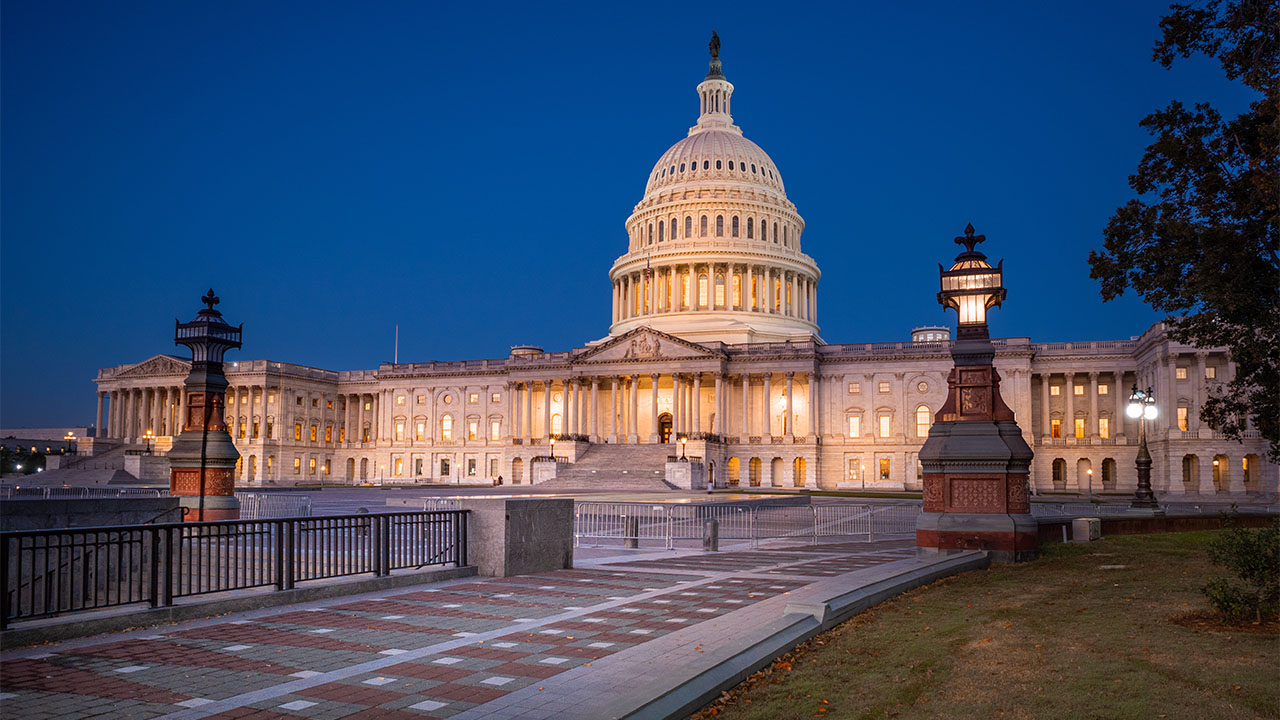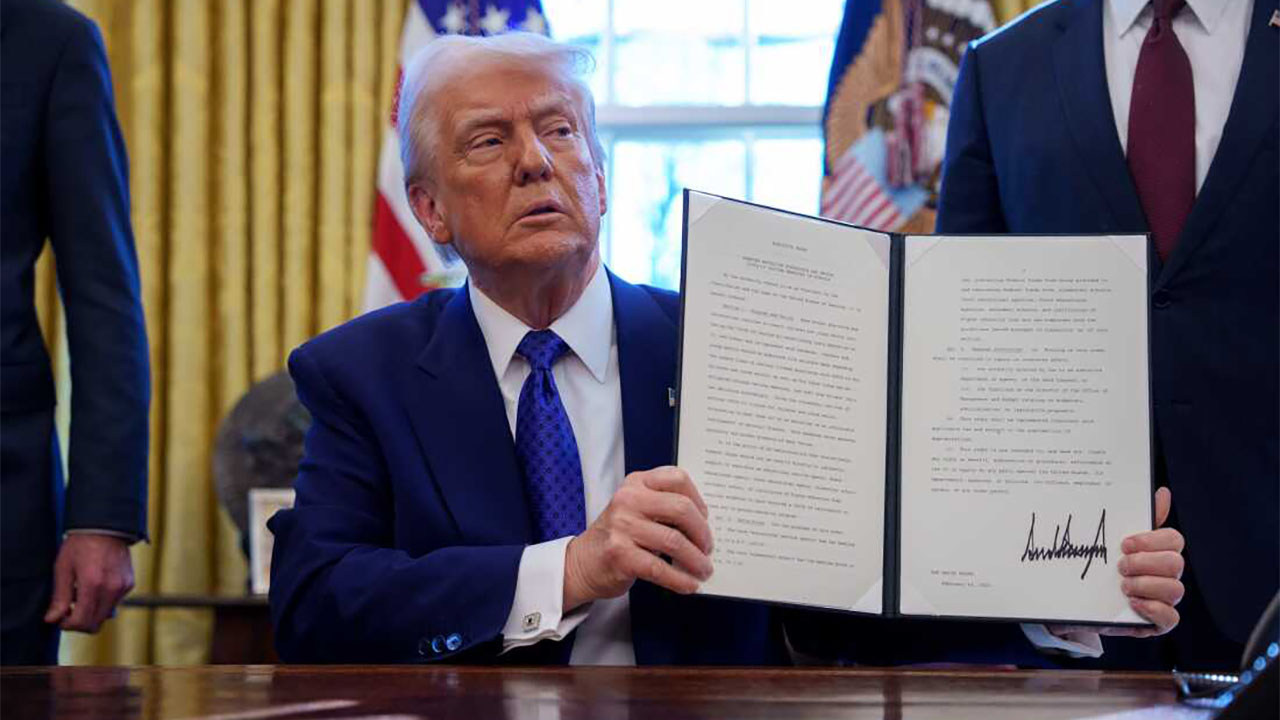Celebrating history is a big part of life on both sides of the pond.
Someone once said: ‘history is written by the winners’ and, therefore, much of it is very one-sided and huge chunks of what should be our shared experience are forgotten.
Last week, one such momentous moment – previously unbeknown to myself and millions of Americans – finally got the recognition it deserves. President Biden signed into law an act which sees June 19th declared a federal holiday to commemorate the emancipation of slaves in America. Juneteenth is what the holiday is to be colloquially known as.
The day recognises the moment back in 1865 when Texas, the last state in the Confederacy which still institutionalised slavery, recognised and enforced Lincoln’s Emancipation Proclamation.
Everyone enjoys a break and, for a nation which frowns upon taking time off work, America surprisingly celebrates 11 national holidays.
Some are obvious – like Christmas Day, Thanksgiving and New Year’s Day – others mark moments in history like Independence Day, President’s Day – which falls on the birthday of the first U.S. President George Washington – and Martin Luther King Day which celebrates the birth of the civil rights leader.
Veteran’s Day and Memorial Day honour those who have served and remembers those who have died in military service and then there are the two wild cards – Labour Day, which is the American version of May Day a sort of celebration of the working class though no one quite knows why– and the wince-inducing Columbus Day, which ‘celebrates’ the geographically confused explorer turning up in America thinking he was in the far East and subsequently embarking on a genocidal rampage. Many states with native American populations have renamed this Indigenous People’s Day, which sits a little easier when it comes to celebrations.
Celebrating British history and heritage has also made the news this week, with the city of Liverpool being told by UNESCO, the global organisation for encouraging education, science and cultural cooperation, that it is to be struck from its list of notable sites.
Not since Dresden built a bridge across the Elbe has a UNESCO site been delisted, and the threat has solicited a wide range of responses.
From a U.S. perspective, I’m not sure losing the UNESCO badge matters to anyone but UNESCO. Here in the U.S. we have a number of sites which carry the World Heritage Site logo – Yosemite, Yellowstone National Park, The Grand Canyon, The Great Smoky Mountains – all of which existed millennia before UNESCO and will do for millennia after. I’m not sure anyone does or doesn’t visit these outstanding beauty spots and natural phenomena simply because of a UNESCO listing.
We also have some famous landmarks listed including the Statue of Liberty, but others which court more controversy.
Monticello, President Jefferson’s plantation home, is on the list and as Jefferson was a slave owner who farmed cotton and tobacco here, it is perhaps questionable as to whether the building’s architectural strengths – largely an 18th century pastiche of classical buildings – truly outweigh its more unsavoury social history.
And as Liverpool has been told its waterfront is being stripped of its status because of development and regeneration efforts in the city, I wonder if the governance board of the Guggenheim Museum on Fifth Avenue were threatened with similar de-listing when apartment blocks and office skyscrapers erupted around it? Or is Frank Lloyd Wright’s undoubtedly stunning building held to a different level of account?
While being on or off the UNESCO list may create a stir in the UK, here in the U.S. we’re less concerned what self-appointed Paris-based arbiters of heritage may think.
After all, former President Donald Trump – owner of The Guggenheim’s near neighbour Trump Tower – withdrew the whole country from UNESCO and declined to settle outstanding membership dues of $550million following President Obama’s protest at UNESCO’s perceived anti-Israel stance.
In fact, not liking UNESCO appears to be the only thing the two ex-POTUS have ever agreed on.
History and heritage are an important part of any nation’s narrative. As President Biden said, “great nations don’t ignore their most painful moments, they embrace them” but, arguably, they don’t stand still either. I think most Americans would urge Liverpudlians to follow Dresden’s lead and, if UNESCO does take its listing down, shrug it off and move on, knowing that the vibrancy of the city, its emerging sporting and cultural facilities, universities and fabled nightlife are just as important to its global appeal as the beauty of the Pier Head, Three Graces and Albert Dock.














